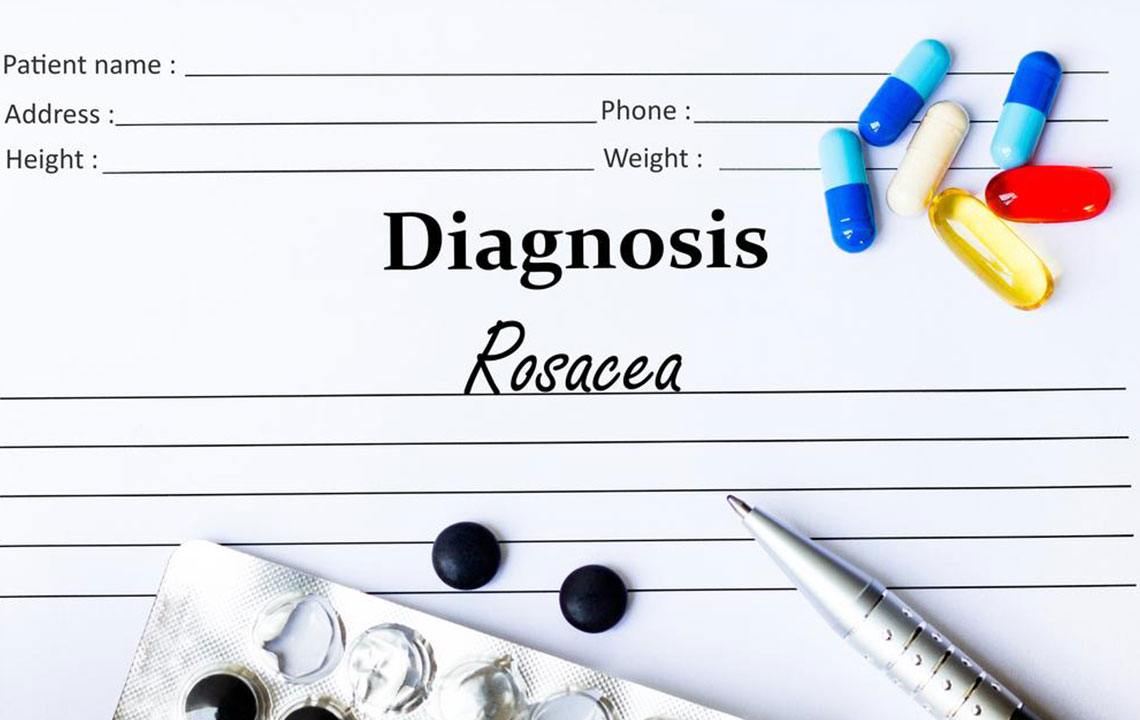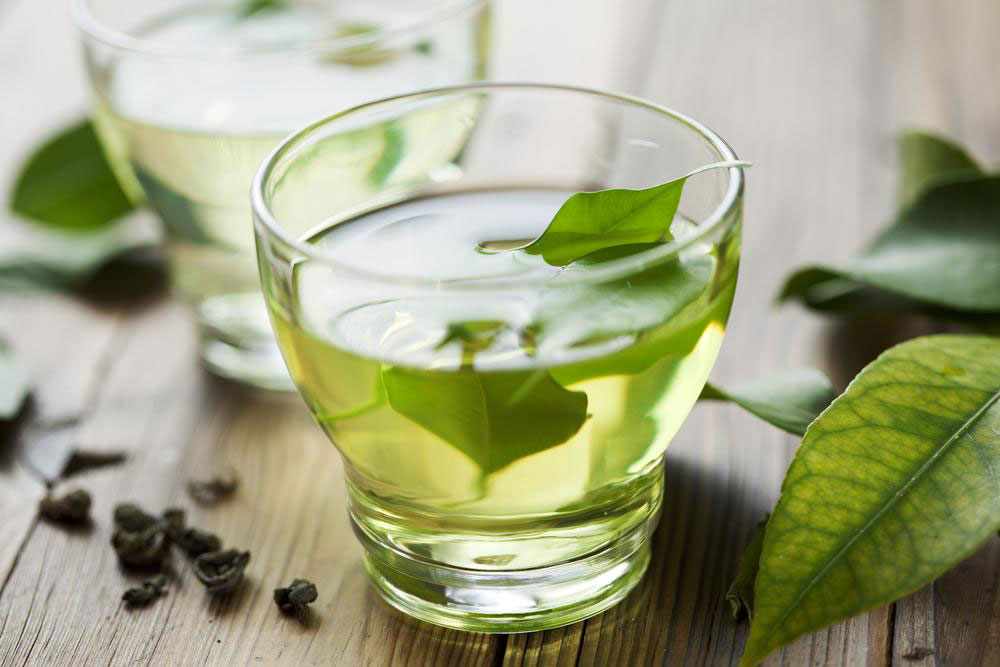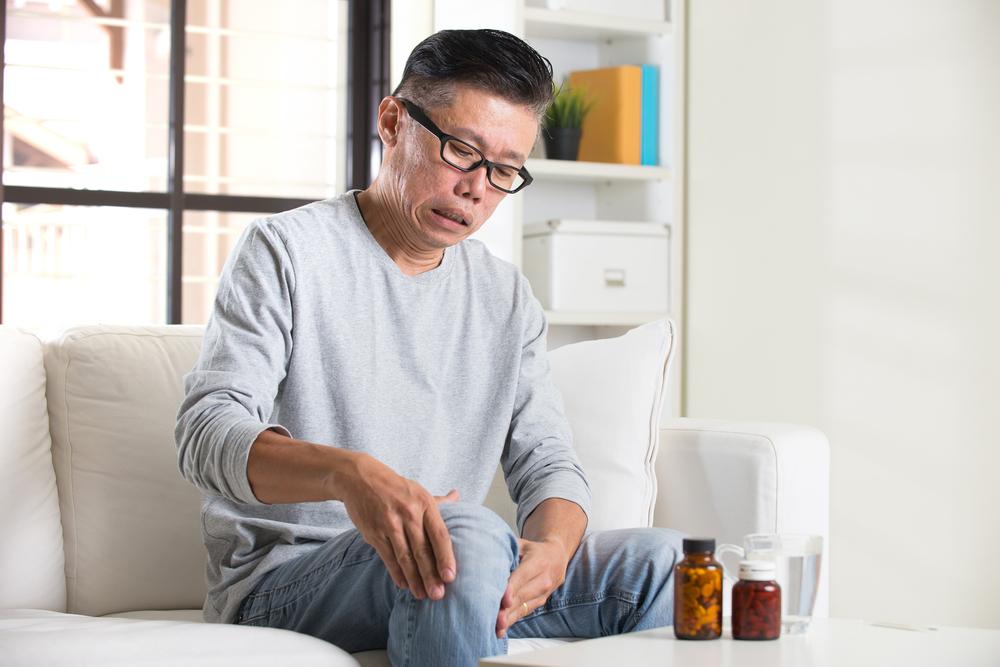Comprehensive Guide to Neck Lymph Node Swelling: Causes, Symptoms, Prevention, and Treatments
This comprehensive article explores the causes, symptoms, and management strategies for swelling of neck lymph nodes. It highlights the importance of early diagnosis, natural remedies, and professional care to promote effective healing. Learn how to identify the signs and best practices to alleviate discomfort and support your immune system for better health outcomes.

Understanding Neck Swollen Lymph Nodes: Causes, Symptoms, and Effective Management Strategies
Lymph nodes are integral components of our immune system. These small, bean-shaped organs are strategically distributed throughout the body, including regions like the neck, armpits, and groin. They act as filters, trapping bacteria, viruses, and other pathogens, and are crucial in mounting immune responses. When lymph nodes become swollen—a condition medically referred to as lymphadenopathy—they often signal underlying health issues. Such swelling in the neck area can be caused by a variety of factors ranging from infections to more serious conditions like cancer. Recognizing the signs, understanding the causes, and knowing how to manage swollen lymph nodes effectively are vital steps in promoting overall health and early diagnosis of potential issues.
Neck lymph nodes are commonly affected because this area is rich in lymphatic tissue. These nodes serve as immune sentinels, producing lymphocytes (white blood cells) and antibodies to combat infections. Swollen nodes may manifest as tender, firm lumps under the skin, often accompanied by other symptoms such as sore throat, fever, or fatigue. The swelling can be localized, affecting specific areas like behind the ears or under the chin, indicating localized infections or inflammation. Conversely, widespread lymphadenopathy may suggest systemic infections or chronic illnesses like HIV/AIDS or lymphoma.
Common Causes of Lymph Node Swelling in the Neck
Several conditions can cause lymph nodes to enlarge. Infections are the most prevalent. For instance, viral illnesses such as common cold, influenza, mononucleosis, and mumps frequently lead to swollen lymph nodes as the immune system responds to the invading pathogens. Bacterial infections like streptococcal pharyngitis and ear infections are also common culprits. Injuries in the head, neck, or mouth can cause inflammation and swelling of neighboring nodes. Moreover, tumors and cancers originating in the head, neck, or lymphatic system can cause persistent enlargement. Breast cancer or other systemic conditions like lupus or tuberculosis can also involve the lymphatic system, leading to swollen nodes, especially under the arms or in the neck. It’s important to note that persistent or painless enlarged lymph nodes warrant medical attention for proper diagnosis.
If swelling is accompanied by symptoms such as pain, difficulty swallowing, or persistent fever, it is essential to seek medical advice promptly. Diagnostic tools like ultrasound imaging, CT scans, or biopsies help identify the underlying cause. The neck contains roughly 300 lymph nodes, making it a critical zone for immune surveillance and potential indicator of underlying health issues.
Effective Ways to Manage and Reduce Swollen Lymph Nodes in the Neck
For managing swollen lymph nodes, healthcare professionals often recommend over-the-counter pain relievers such as acetaminophen or non-steroidal anti-inflammatory drugs (NSAIDs) like ibuprofen. These medications are effective in reducing inflammation and alleviating discomfort. Supporting immune strength through natural remedies can also be beneficial. Herbal teas made from ingredients like licorice root, mistletoe, wild indigo, or HypoxiRooperi are believed to support immune response and aid recovery efforts. Consuming honey mixed with warm water or tea not only soothes sore throats but may assist in reducing inflammation due to its natural antibacterial properties. Applying alternating warm and cold compresses can increase blood flow, decrease swelling, and relieve pain effectively.
Additional Home Remedies for Lymph Node Relief
Incorporating certain foods and natural home remedies into daily routines can expedite healing. Garlic, known for its potent antimicrobial and anti-inflammatory properties, can be consumed raw or cooked to help reduce pain and swelling. Gargling with warm salt water not only relieves sore throats but also reduces lymph node swelling by promoting detoxification and reducing inflammation. Apple cider vinegar, rich in acetic acid, is believed to enhance immune function by balancing body pH levels. Mint-infused teas or juices provide menthol, which acts as an anti-inflammatory agent and soothing agent for sore tissues. Turmeric, famous for its curcumin compound, has strong anti-inflammatory effects and can be added to warm milk, water, or honey mixtures. Small doses of castor oil, used topically, may help detoxify lymph nodes by stimulating lymphatic drainage. Additionally, maintaining good hydration, practicing gentle neck massages, and performing light exercise or yoga can promote lymphatic flow and support immune health.
In most cases, swollen lymph nodes improve within days to weeks, especially if caused by minor infections or overactive immune responses. However, persistent or worsening swelling should be evaluated by a healthcare provider. Regularly performing gentle neck massages helps reduce lymphatic congestion, while physical activity stimulates lymphatic circulation. For severe or unusual symptoms, medical investigation is imperative to rule out serious conditions like lymphoma or metastatic cancers.
Preventive measures such as maintaining good hygiene, avoiding known allergens or irritants, practicing safe health habits, and seeking prompt treatment for infections can reduce the likelihood of lymph node swelling. Recognizing early signs and ensuring timely healthcare intervention are key to effective management and quick recovery. Ultimately, understanding the importance of lymph nodes and care strategies empowers individuals to maintain optimal immune health and detect potential health issues early.





